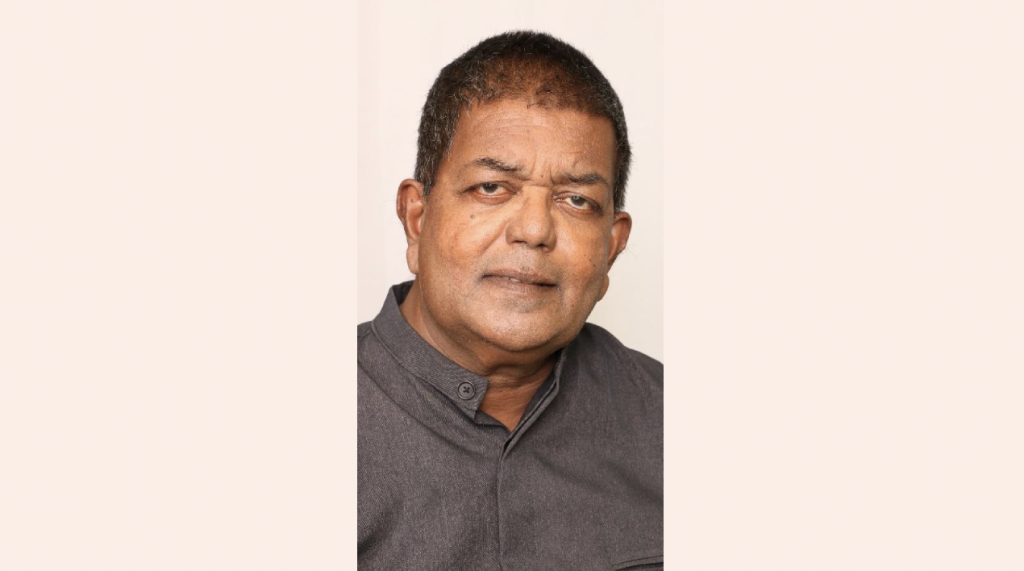On August 14 the electorate would once again be given the opportunity to vote in a local government election. While some may argue that this election is about local issues such as garbage disposal, public health, drainage, markets, cemeteries, cremation sites etc, I would like to look at more fundamental issues such as the rule of law, meritocracy in the selection of personnel for jobs, and diversity, that is, the right to practice one’s culture and religion. Unfortunately, these fundamentals of good governance are overlooked as we become immersed in issues such as crime, flood, unemployment etc.
Rule of Law should be a fundamental pillar of our democracy. Can we say with sincerity that rule of law applies here in Trinidad and Tobago? How else do you explain the interrogation of the executive of the Tobago House of Assembly by the police? Is the TTPS above political influence in Trinidad and Tobago? One can only look at the hiccups in the appointment of the Police Service Commission and conclude that transparency and fairness are compromised. Can we say with certainty that the best candidate has always been selected for the post of Commissioner of Police?
Are the most meritorious candidates hired for jobs in the state sectors of this country? How else do you explain the poor working of our hospitals, public service, police service etc.? Are the recruitment methods used by the police service transparent? Had they been the chances of a more efficient police service would have been higher. More so, there would have better responses to crime. Unfortunately, crime fighting in this country has been compromised.
Our state enterprises including WASA and TTEC continue to lose money. Why is this so? Have they been private businesses they would have had to shut their doors. Fortunately, the treasury is always at the disposal of State enterprises to bail them out. Too many political appointees have led to the closure of Caroni Ltd and more recently Petrotrin. One cannot forget the millions of dollars that are wasted to attract people with little or no history of farming, while practicing famers are provided marginal support from the Ministry of Agriculture.
Another factor that is high on my agenda is diversity, that is, providing opportunities for all cultural expression. This is hardly so as aspects of Indian, African and the First People culture continue to be marginalized by the state. The diversity that we boast about in our anthem are not reflected in our national awards for culture. Why are so many panmen, calysonians and masmen provided accolades and awards from the State while practitioners of indigenous and non-western cultural expressions are ignored? Has government done enough to evoke pride in our ancestral traditions or are they still striving toward western cultural expressions?
I strongly believe that if we demand the rule of law, meritocracy and diversity in our election campaigns, it would be a major step toward solving several of our problems.
